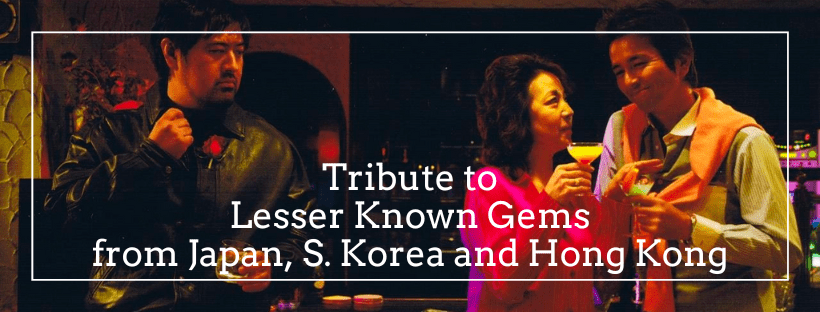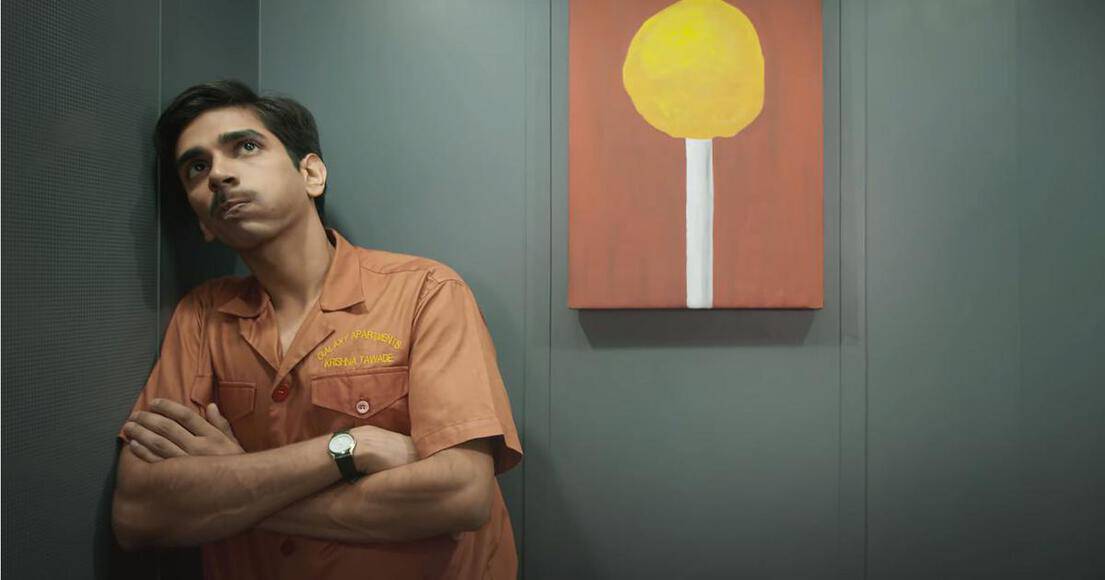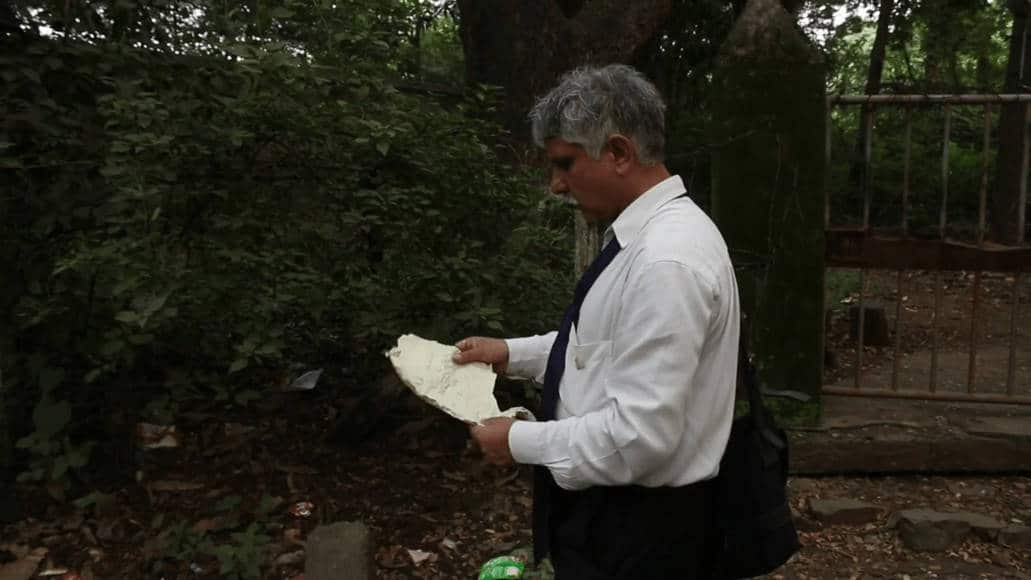“Bye Bye Love”, a queer-themed Japanese film from the 70s, by the relatively unknown Isao Fujisawa, was thought lost until 2018, when a film negative was discovered in a warehouse by the producer and sometimes director Suzuki Akihiro, who then made a new print and re-premiered the film in an online forum.
Bye Bye Love is screening at Queer East Festival

The film begins with a young man who has just been dumped by his girlfriend on the phone, and reacts as the epitome of “the guy”. A bit later, he bumps across the street with a woman running, who asks him to stop the pervert who is chasing her. It turns out though, that she has just stolen a Doors LP from a record store and that the ‘pervert' is actually a policeman, whom the young man proceeds on tackling, inevitably getting arrested. He manages to escape though, and soon finds himself with the girl again, introducing himself as Utamaro and deciding to call her Giiko. The two end up on a trip around the country, while the police, and for a moment, Giiko's American boyfriend named Nixon, are on their heels. Eventually, Utamaro discovers that his ‘comrade' is gender fluid and has male genitalia, but this does not prevent them from continuing together, stealing, swindlind and murdering through the east coast of Honshu.
Moving somewhere between the psychosexual, surrealistic dream and the getaway crime movie, Isao Fujisawa presents a film that is more a collage of different elements than a concise narrative, even though the familiar main arc of the couple escaping does provide a basis for the story. In that fashion, the film is most memorable in its individual scenes. The one in the apartment of Giiko's boyfriend, with the destruction of the fake statues and eventually the whole thing is definitely one to stay in mind. The threesome with the cables also moves in the same fashion, as do the crimes the couples commit throughout their, evidently, destined to end in tragedy ‘getaway,' as much as the striptease, as the elements we mentioned in the beginning intermingle throughout the movie.
Some effort at social commentary can also be found throughout, with the ridicule of the police being quite prevalent, and the presentation of Nixon hinting at a critique towards westernization, although in a very epidermal fashion. The concept of a couple where one is gender fluid is definitely more interesting, with the fact that Utamaro is not phased when he founds out sending a message about acceptance, even if this comment also is lost in the deliriousness of the narrative.
The erotic element is quite intense too, but it is presented more as an artistic trope than a source of titillation, in an approach that suits, though, the overall aesthetics of the movie. Lastly, the nouvelle vague elements particularly of “Pierrot Le Fou” are quite evident throughout, both in the cinematography and Eiko Yoshida's editing, both of which are also mediums of the surrealistic/delirious nature of the movie.
Ren Tamura as Utamaro and Miyabi Ichijo as Giiko play their role in a fashion that is quite fitting with the amalgam that is “Bye Bye Love” presenting what is essentially a queer love story in very appealing fashion.
“Bye Bye Love” is not exactly a movie for everyone, and essentially, it could be described as experimental. At the same time though, its individual elements and the particular relationship in the center of the movie definitely deem it a film worth watching, additionally because it is quite fun throughout.
















